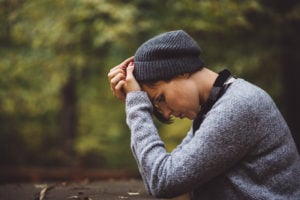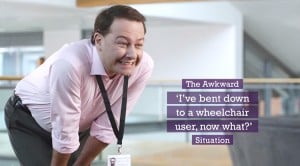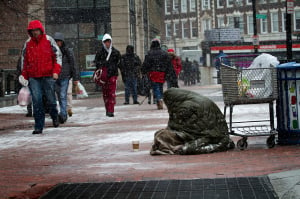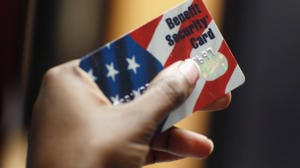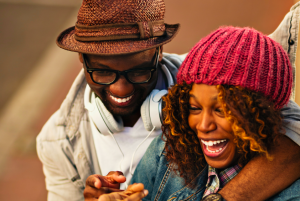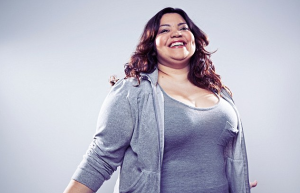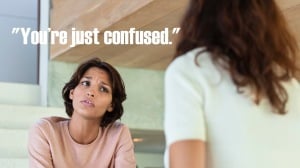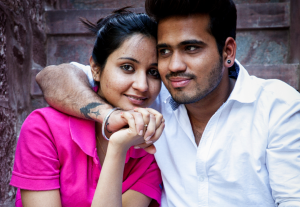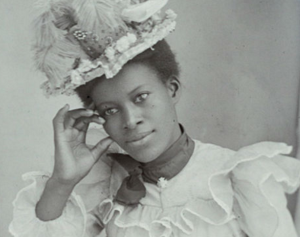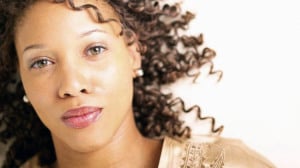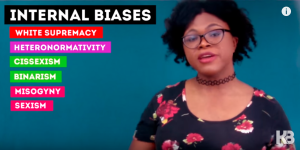So I’m driving down the street with my four-year-old nephew. He, knocking back a juice box; me, a Snapple. Today, y’all, we are doing manly shit.
I love watching the way his mind works. He asks a million questions. “Uncle, why is the sky blue? Uncle, how do cars go? Uncle, why don’t dogs talk?”
“Uncle, uncle, uncle,” he asks, “Uncle, uncle, uncle,” he asks, “Uncle uncle uncle,” as if his voice box is a warped record.
I try my best to answer every question, I do. I say, “It’s because the way the sun lights up the outer space. It’s because engines make the wheels go. It’s because their minds aren’t quite like ours.” I say, “Yes. No. No. Yes. No. Yes. No. I don’t know. Who knows? Maybe.” We laugh.
He smiles, looks out the window, spots a cop car, drops his seat and says, “Oh man, Uncle, 5-0, we gotta hide.”
I’ll be honest. I’m not happy with the way we raise our Black boys. Don’t like the fact that he learned to hide from the cops well before he knew how to read. Angrier that his survival depends more on his ability to deal with the “authorities” than it does his own literacy.
“Get up,” I yell at him. “In this car, in this family, we are not afraid of the law.” I wonder if he can hear the uncertainty in my voice. Is today the day he learns that uncle is willing to lie to him, that I am more human than I am hero?
We both know the truth is far more complex than “do not hide.” We both know too many Black boys who disappeared. Names lost. Know too many Trayvon Martins, Oscar Grants, and Abner Louimas, know too many Sean Bells and Amadou Diallos. Know too well that we are the hard-boiled sons of Emmett Till, still.
We both know it’s not about whether or not the shooter is racist; it’s about how poor Black boys are treated as problems well before we are treated as people. Black boys in this country cannot afford to play cops and robbers if we’re always considered the latter, don’t have the luxury of playing war when we’re already in one.
Where I’m from, seeing cop cars drive down the street feels a lot like low-flying planes in New York City. Where I’m from, routine traffic stops are more like mine fields: Any wrong move could very well mean your life.
And how do I look my nephew in his apple face and tell him to be strong when we both know Black boys who are murdered every day, simply for standing up for themselves?
I take him by the hand, I say, “Be strong.” I say, “Be smart. Be kind and polite. Know your laws. Be aware of how quickly your hands move to pocket for wallet or ID; be more aware of how quickly an officer’s hand moves to holster, for gun. Be Black. Be a boy. Have fun, because this world will force you to become a man far more quickly than you’ll ever have the need to.”
He lets go of my hand. “But Uncle,” he asks, “Uncle, what happens if the cop is really mean?”
And it scares me to know that he, like so many other Black boys, is getting ready for a war I can’t prepare him for.





